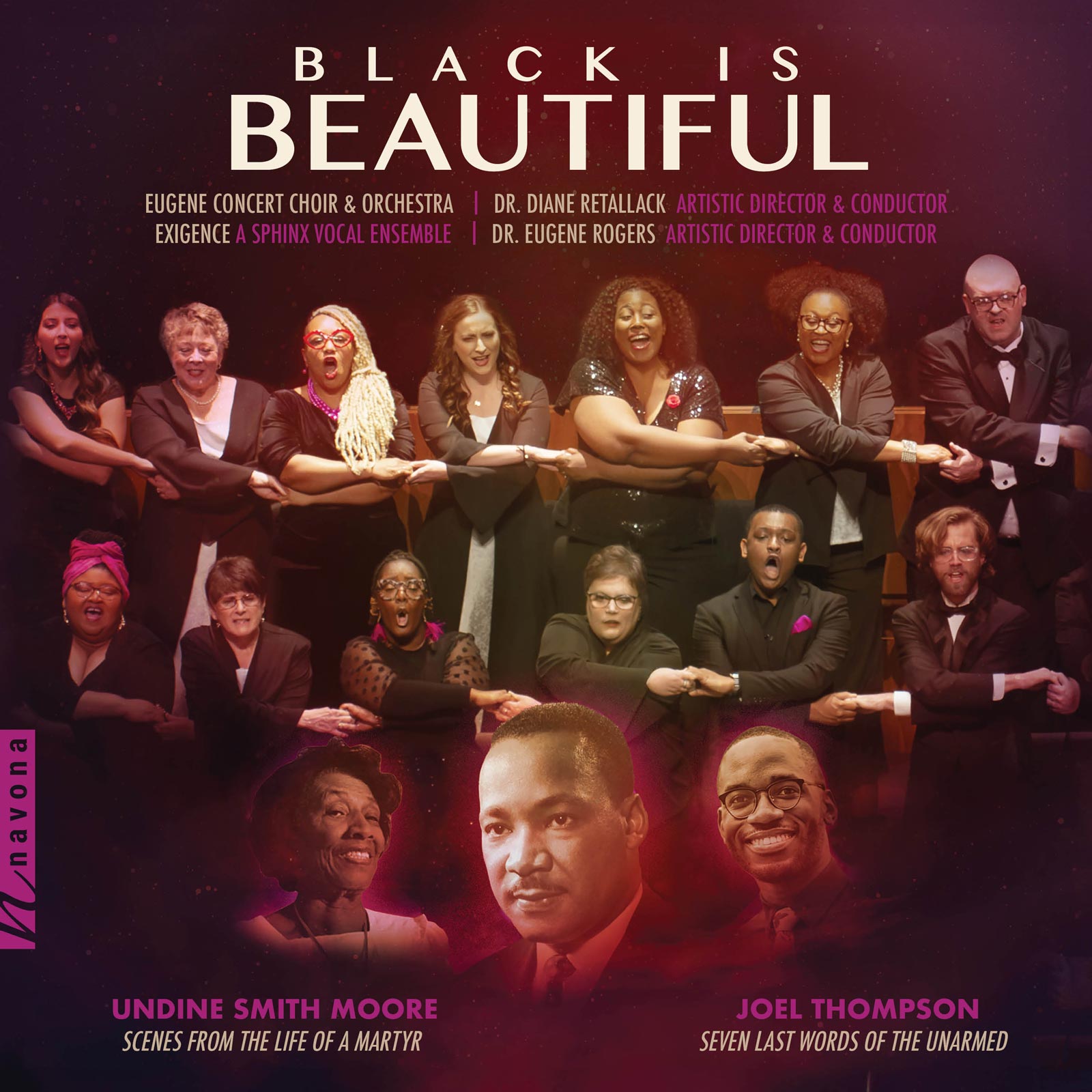
BLACK IS BEAUTIFUL from Dr. Diane Retallack, The Eugene Concert Choir, Eugene Rogers, and EXIGENCE is an ode to hope in the face of injustice. This Navona Records release showcases music by Black composers that shed light on the Black experience including two choral masterworks: Seven Last Words of the Unarmed by Joel Thompson and the world premiere recording of Dr. Undine Smith Moore’s oratorio Scenes from the Life of a Martyr.
Today, Diane (DR) and Eugene (ER) are our featured artists in the “Inside Story,” a blog series exploring the inner workings and personalities of our composers and performers. Read on to learn about Diane’s passion for the art of dance and the joy Eugene finds in breaking bread with his loved ones…
What were your first musical experiences?
DR: I grew up in a musical family. My father, Roy E. Johnson, was the high school choral director — a kind of enormously beloved “Mr. Holland” — who turned the lives of a lot of students around. He had a beautiful tenor voice and would spontaneously burst into song at any time — in social situations or just sitting at the dinner table — and I grew up knowing almost all the tenor arias from famous operas. My mother also played the piano very well. My dad directed the high school musicals, and when he needed a child actor, well, he had one — me. I started acting in high school musicals when I was 6 years old, playing child roles such as one of Annie’s little sisters in Annie Get Your Gun, Kim in Showboat, and Amaryllis in The Music Man. It was the thrill of my year each time, and the high school kids all treated the director’s little daughter like I was somebody very special. When I was of high school age, I continued in plays and musicals, and my dad was my choral director. I played the lead role of Sarah Brown in the musical Guys and Dolls. I followed in my dad’s footsteps and became a high school choral director, too.
How have your influences changed as you grow as a musician?
DR: After two years of being a high school choral director, I realized that I felt like, “ok, I did that.” I fulfilled what I had aspired to do, and I wanted more. I continued on with a masters degree and again felt like I was searching for more, and so I went directly into the doctoral choral conducting program at Indiana University. The experience at Indiana, where we had access to spectacular concerts and opera productions almost any day of the year, completely opened a broader musical world to me. I remember one exciting faculty concert in which Franco Gulli and Josef Gingold were the soloists in the Bach Double Violin Concerto, and we in the audience were standing on our chairs and screaming with elation by the conclusion.
What musical mentor had the greatest impact on your musical journey? Is there any wisdom they’ve imparted onto you that still resonates today?
DR: There were three mentors who had the greatest impact on my musical journey. I had the great privilege of having Margaret Hillis as my conducting teacher at Indiana University. Margaret Hillis, founding director of the Chicago Symphony Chorus and a female orchestra conductor before her time, changed me from a straight choral conductor into an orchestra conductor. Margaret approached conducting instruction from the perspective of an orchestral conductor, and she expanded the breadth of my understanding and conducting skills immensely. She would always impress upon us to “trust the musicians.” I recall with enjoyment that years later when I participated in a conducting master class with Helmuth Rilling at the Oregon Bach Festival, Doreen Rao came up to me and said, “You have Margaret Hillis’ left arm.” That made me smile.
While I was at Indiana, I was among the last group of students to have the privilege of studying score analysis with the great master scholar Julius Herford. I gained too much from this elegant man to begin to relate, but I always hear his voice in my head saying, “Let us look one more time into the score.” I remember a particular exchange between Juli and a rather self-important student who was pontificating with great authority on some musical topic. Juli replied, “I wouldn’t know. I have only studied music for 70 years, and that is not nearly long enough.” I continue to grow as a musician with ongoing fascination about how much more there is to know.
The third person who impacted me most was Robert Shaw. When I was an undergrad, I sang in the chorus at the University of Illinois when Shaw came to prepare us for a week on the Beethoven Missa Solemnis. I believe that performance still remains the peak musical experience of my life. I made the pilgrimage to soak up Shaw’s instruction and technique, participating as a singer for several years in the Carnegie Hall Shaw Festival Chorus performances. My choir members are well-acquainted with Shaw’s count-singing technique, and many other Shaw approaches that I have incorporated into my rehearsals. I had always heard about Robert Shaw, as my father participated in a Herford/Shaw summer master class when I was 3 years old, but when I got to experience him myself as an adult singer and conductor, I found that he was great in a beautiful way I could not have imagined. And his humor, and the humor of Julius Herford, remain a delicious memory and an inspiration to me. I experienced another conductor, who will remain nameless, who was so negative, it taught me by reverse example how counterproductive that can be, and that experience has also stayed with me.
If you weren’t a musician, what would you be doing?
DR: I would be a doctor, a veterinarian, or a biological scientist. I love the life sciences and I love animals. This may sound gross to some, but when I was in high school, the advanced seniors got to dissect cats. The teacher was great, approaching the assignment of cat cadavers with ceremony, a small coffin labeled R.I.P., and attaching black armbands on the students as we were presented with our cats. The whole school knew when the seniors got their cats. I was so fascinated with the internal workings of the body, it almost diverted me from my, up to then, life-long trajectory in music. I still have a great interest in biology. My best friend, Dr. Sally G. Hoskins, is a neuroscientist who has also become a choral conductor(!), and she and I are like yin and yang.
What are your other passions besides music?
DR: I have another passion, but it still involves music. I am a competitive ballroom dancer. I started taking ballroom dance lessons very late in life — in my 50s. My husband Greg and I liked to swing dance together and we joined a swing dance club and learned some other beginning ballroom dances as well. We still enjoy social dancing together, but I wanted to learn more, and my wonderful husband encouraged me to continue my “dance journey.” I thought I would learn a few steps and be happy with that, but I got totally hooked and now take lessons and compete Pro-Am (I am, of course, the Amateur) with one of the highest level pros in the nation, Yegor Novikov. I compete in the Latin dances (Cha Cha, Samba, Rumba, Paso Doble and Jive) and the Smooth dances (Waltz, Tango, Foxtrot and Viennese Waltz), and I am proud to say that in 2019, I won the World Pr-Am Senior Latin Championship in the Silver Level. I’m looking forward to competing at the Gold level this year. Yes, I do watch Dancing With the Stars, not so much for the “celebrity” competitors, but to watch the spectacular pros, many of whom have been my judges at ballroom competitions.
ER: If I’m not conducting or teaching, I am probably out with family or friends at one the best restaurants in town. I get such joy out of breaking bread with family and friends and eating an exquisite meal over great conversation. Working on the other side of the country from my family makes the time we have together extra special, so spending quality time with them over great food is not only an important part of my culture, but truly one of my great joys. Other passions in my life include traveling and taking long walks with my spouse, reading great fiction novels and autobiographies, and binge watching a great drama series.
What have been your biggest inspirations on your musical journey?
ER: There have been so many inspirations throughout my career, but first and foremost would be the mentors and former teachers who tirelessly poured into me as I was developing my craft and working towards my musical goals. In tandem with those mentors have been the great composers and performers that have given me lifelong inspiration and musical depth. Where would I be without the music and performances by such greats as Bach, Johannes Brahms, Whitney Houston, Gustavo Dudamel, Mozart, Black Gospel Music, John Elliot Gardiner, Joel Thompsom, Yebba, Jocelyn Hagen, Karen Clark Sheard, and many others.
Tell us about your first performance
ER: I was 5 years old when I had my first performance in the rural town of South Boston, Virginia at Dan River Bethel Baptist Church. I still remember how nervous I was to stand before our local church community and sing He’s that Kind of Friend by Walter Hawkins (sung by Tremaine Hawkins). My fondest memory of that experience was how supportive my church family was to embrace my willingness to share with them. It was from that day that my musical journey began. I have been performing either as a soloist, conductor, chorister or pianist since that first solo performance. I still remember walking back to my seat, knees still shaking and all, and feeling the love in the room. I know that kind of warmth gave me the encouragement I needed to keep pursuing my musical passion. It is also why I believe the message of Hagen’s amass resonates so deeply to me and my personal faith.
What advice would you give to your younger self if given the chance?
ER: The younger Eugene had no idea about how thrilling and how much work being a professional musician would be. I would tell myself to never shy away from all musical and life experiences, even when trying to be more focused on one’s craft and artform. I would also tell myself to be patient, never burn a bridge, and trust the journey and process. All lessons (good and bad) will eventually play a part in the outcome. As a friend of mine would often say, “you will learn more from your failures than your successes,” so hang in there, look for the lessons. Our lessons are ultimately to help us better serve the music and the people we are fortunate enough to lead.
What emotions do you hope listeners will experience after hearing your work?
ER: I hope listeners are deeply moved and feel challenged to think and possibly respond in their own way after hearing this performance or any performance of which I’m a part.
How do you prepare for a performance?
ER: Preparing for a performance as a conductor has to be thorough and begins from the moment you first hear and delve into the score. Personally, I always start with the music by playing through and listening to the score while making note of moments in the work when something interesting or significant is happening. This process may happen several times before I begin to really understand the genesis of the score and why it was written (the who, what, when and why) and what do scholars have to say about the composer, poet, and the piece. Before I begin the first rehearsal, I also take a concentrated look at the form of the piece, the harmony and tonality, the instrumentation, texture, and performing forces. Once the rehearsal begins, I work tirelessly to accentuate the best parts of the score through the performers so that our work behind the scenes can be heard effortlessly in the performance. The behind the scenes work of speaking with the solo performers, getting a deeper understanding of the intentions of the composer (whenever possible), and having critical conversations with the ensemble, performers and the community, if applicable, is non-negotiable to making it a richly rewarding musical experience for all parties involved. I want nothing that we have done as performers to get in the way of the audience hearing the composers’ musical intentions.
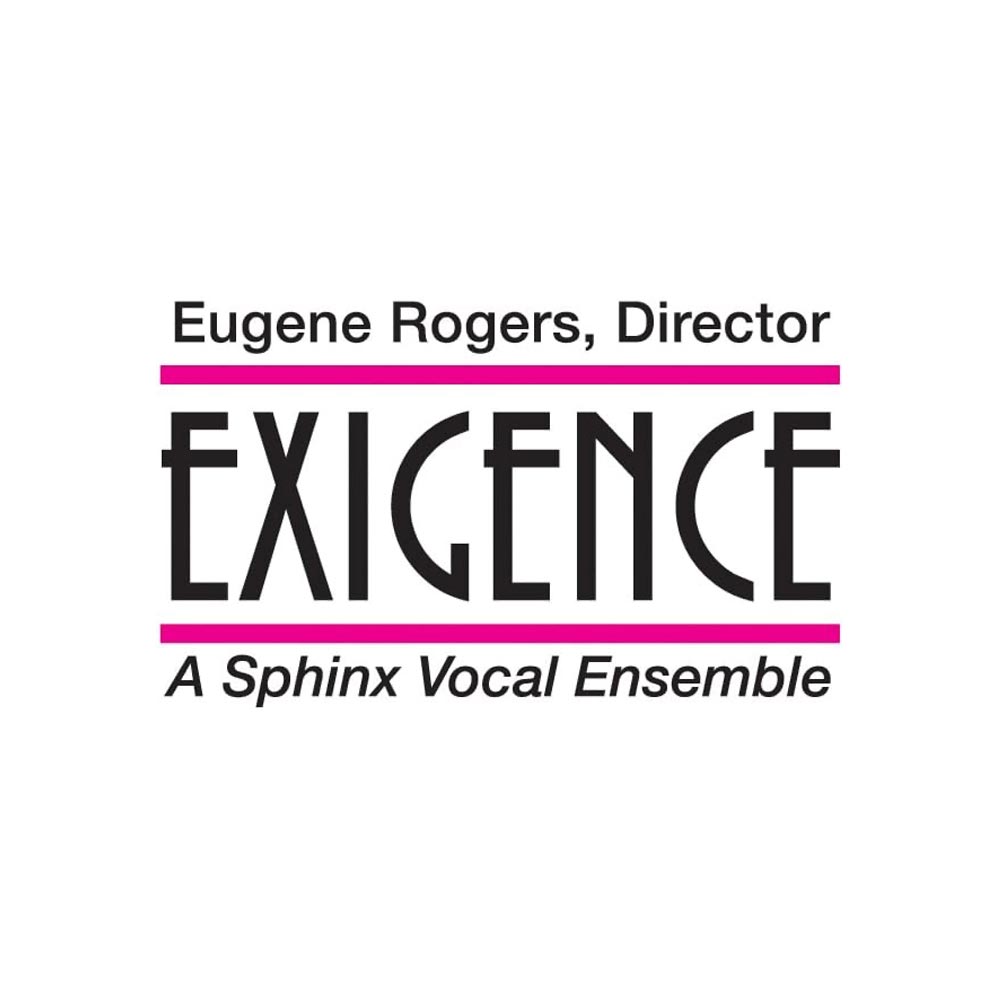
EXIGENCE is the professional vocal ensemble of the Sphinx organization, led by founding conductor Eugene Rogers and composed of vocal artists including solo performers, educators, conductors, and composers. The name EXIGENCE is inspired by the definition of the word — “an urgent need or demand.” Their mission is to promote excellence and diversity through choral music within Black and Latinx communities by creating a platform for soloists and composers of color while inspiring and challenging audiences around the country and world.
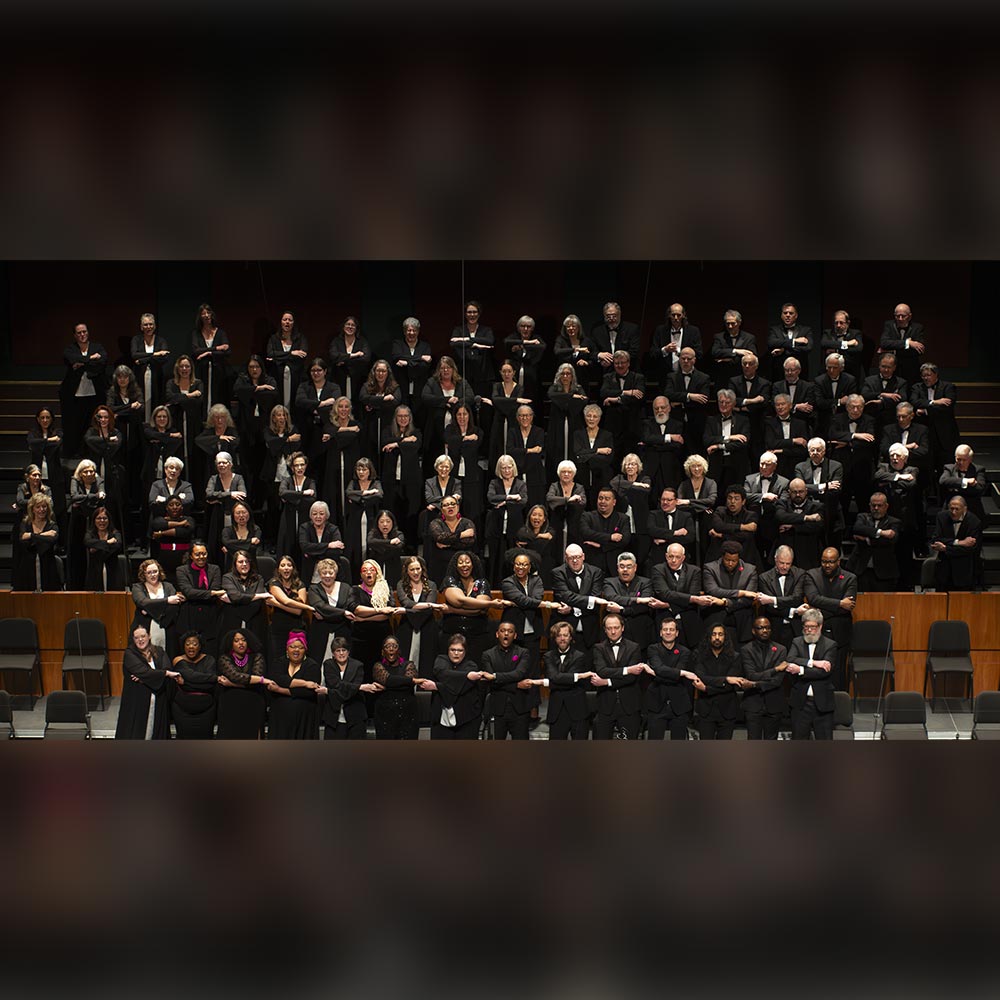
The Eugene Concert Choir organization was formed in 1974 and has grown to include the masterworks chorus Eugene Concert Choir, Eugene Concert Orchestra, and chamber choir Eugene Vocal Arts. A Resident Company of the Hult Center for the Performing Arts in Eugene OR, they present an annual concert series of great choral masterworks and diverse artistic experiences, and feature a growing discography of recordings and videos on streaming platforms and their website eugeneconcertchoir.org
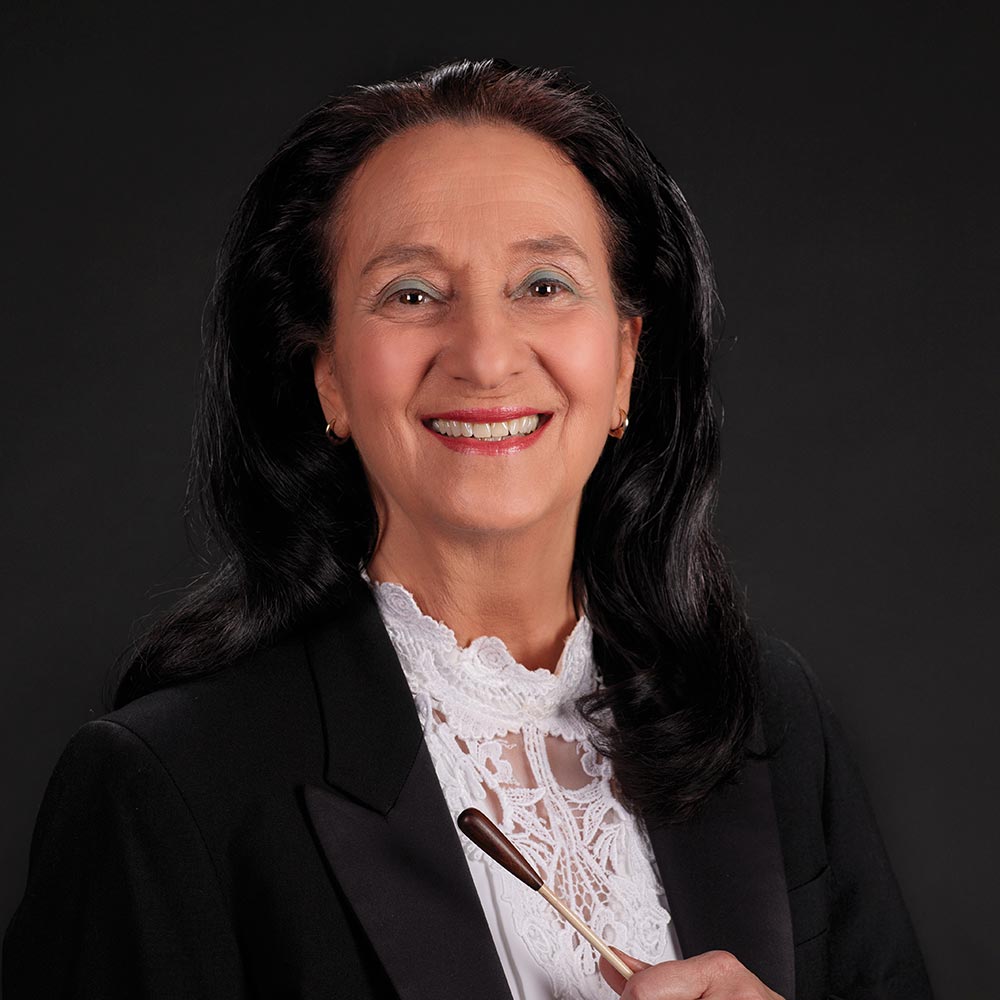
Dr. Diane Retallack has been Artistic Director of the Eugene Concert Choir organization since 1985 and is the founding director of the chamber ensemble Eugene Vocal Arts and the Eugene Concert Orchestra. She earned a Doctor of Music in Choral Conducting from Indiana University where she studied conducting with Margaret Hillis, founding director of the Chicago Symphony Chorus, and score analysis with master choral scholar Julius Herford. She has also drawn experience and inspiration from workshops and festivals with Helmuth Rilling and Robert Shaw.
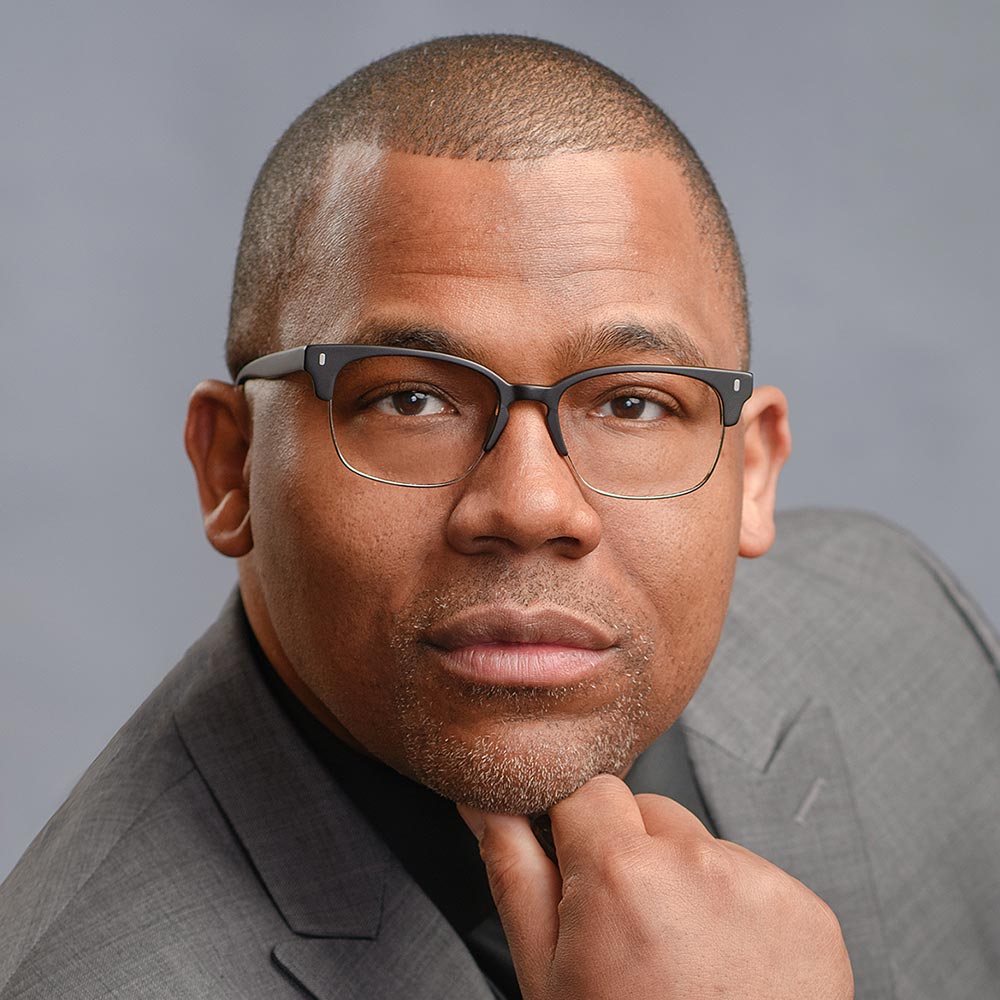
A two-time Michigan Emmy Award winner, a 2017 Sphinx Medal of Excellence recipient, and a 2015 Grammy® Award nominee, Eugene Rogers is recognized as a leading conductor and pedagogue throughout the United States and abroad. In addition to being the founding director of EXIGENCE and the director of choirs and an associate professor of conducting at the University of Michigan, Rogers is the artistic director of The Washington Chorus (Washington DC).
